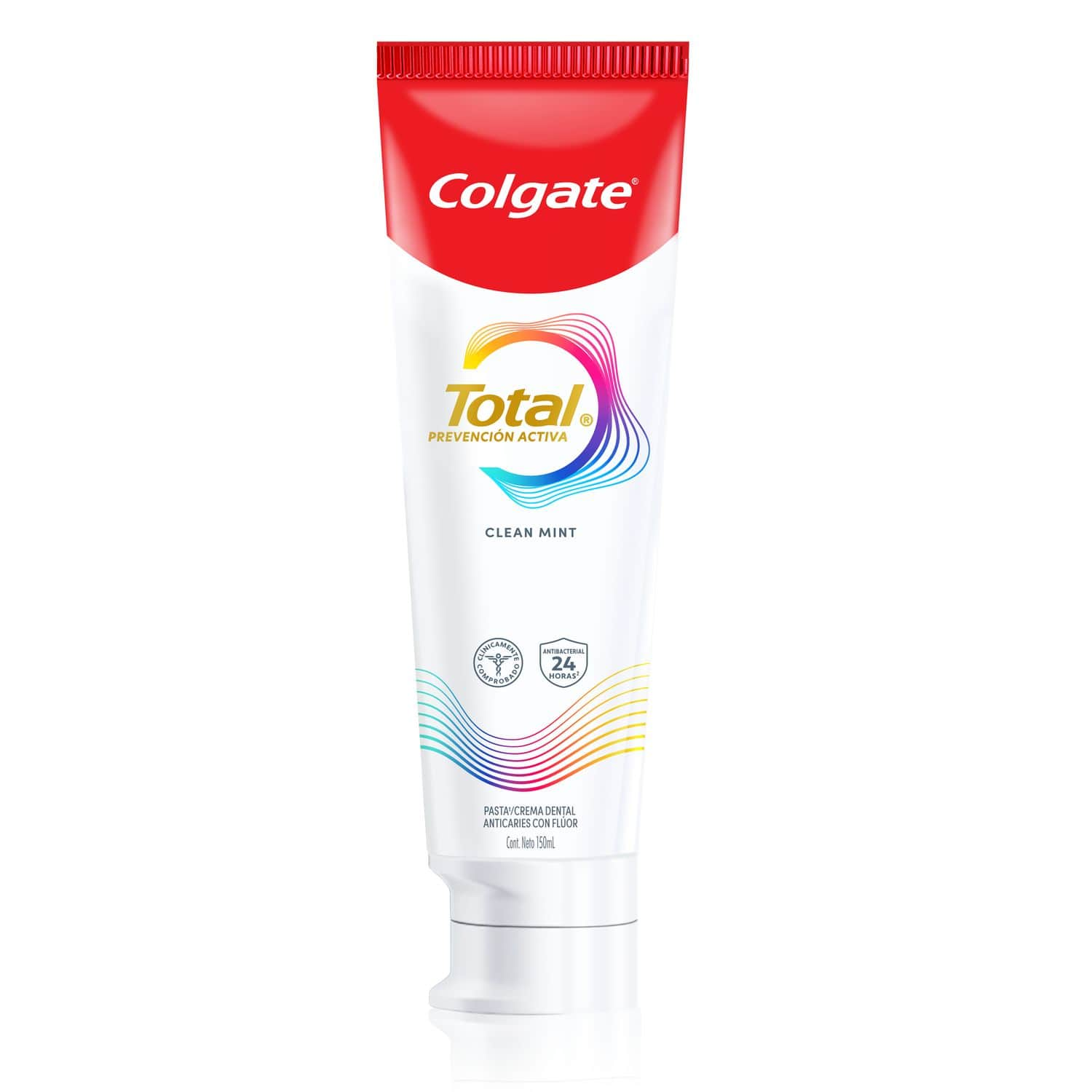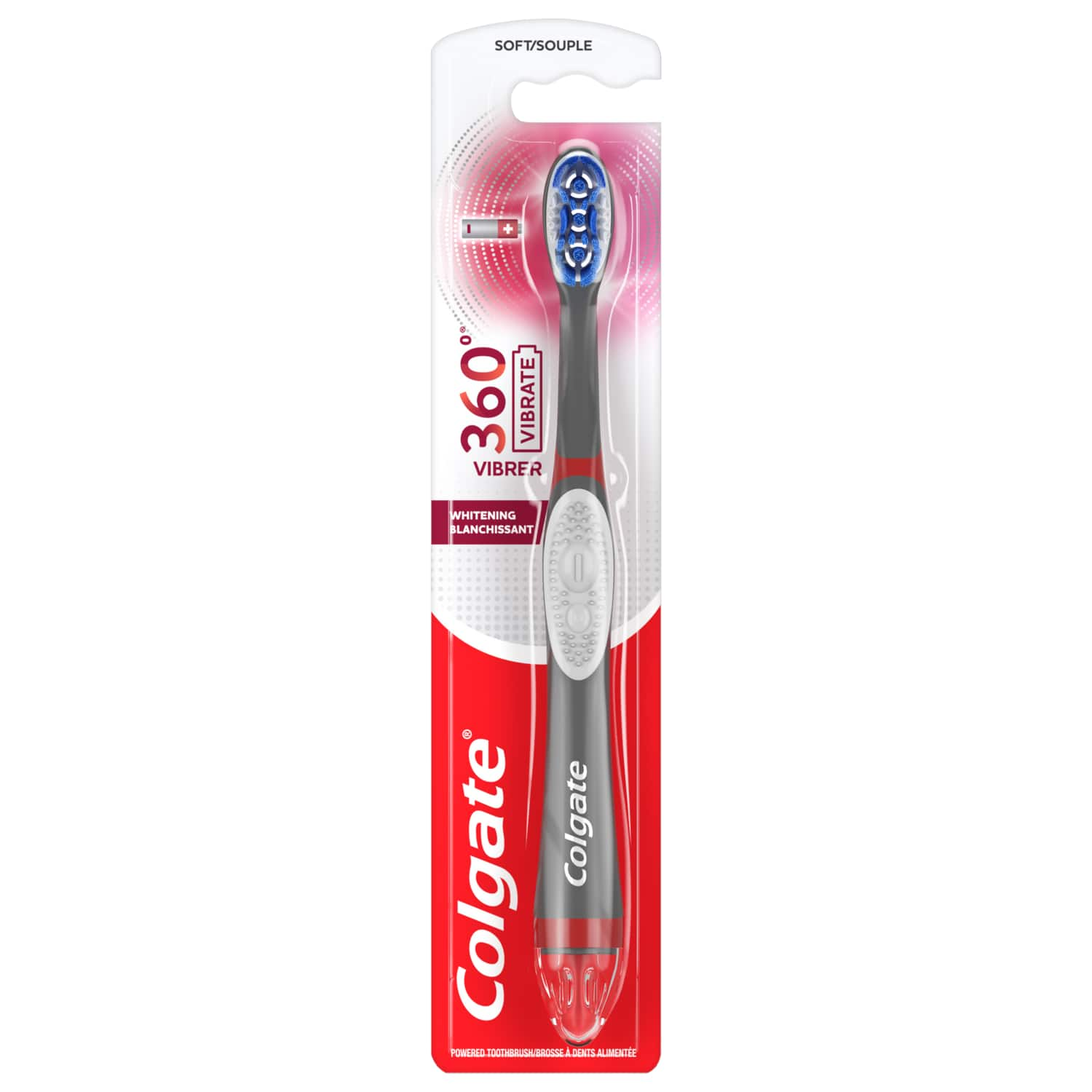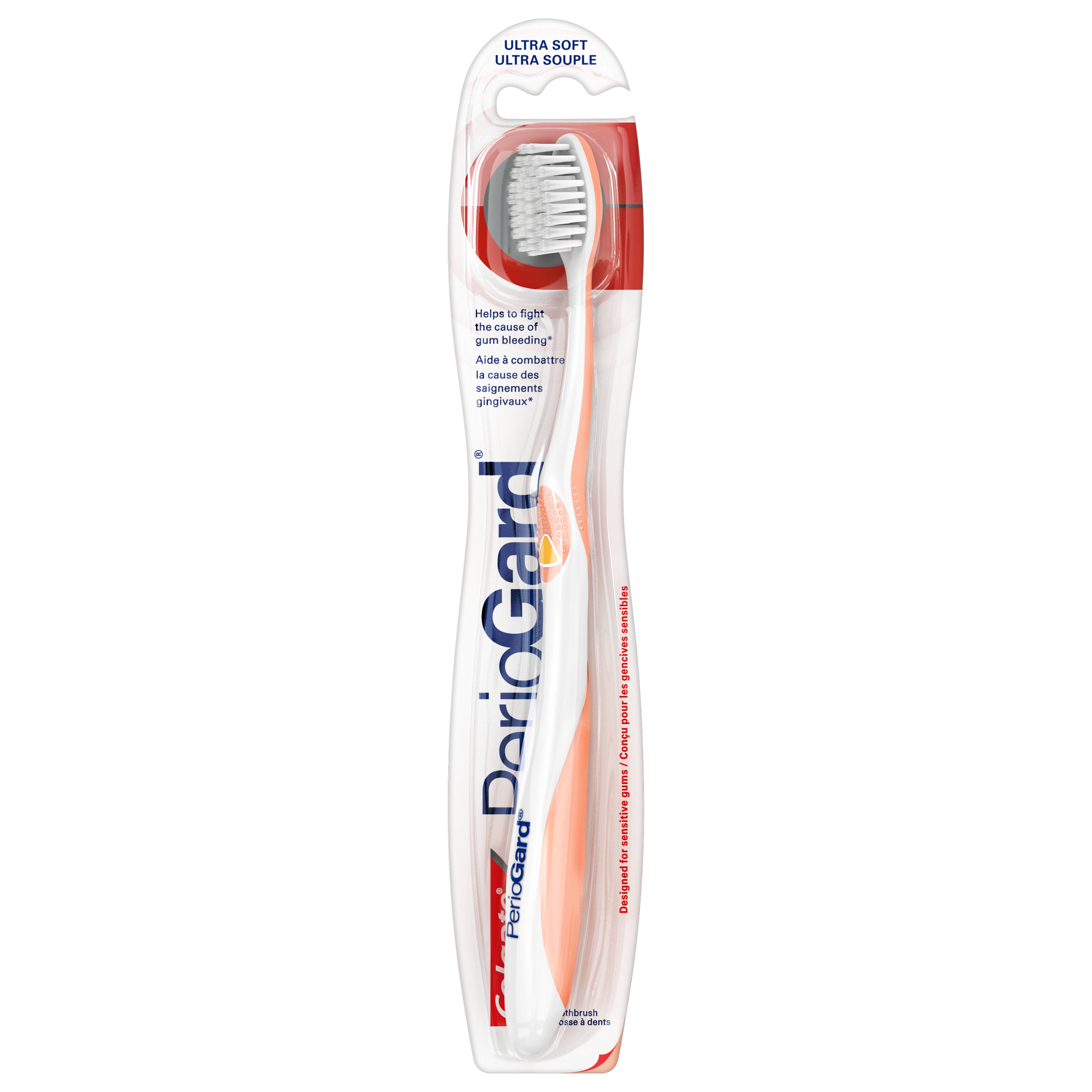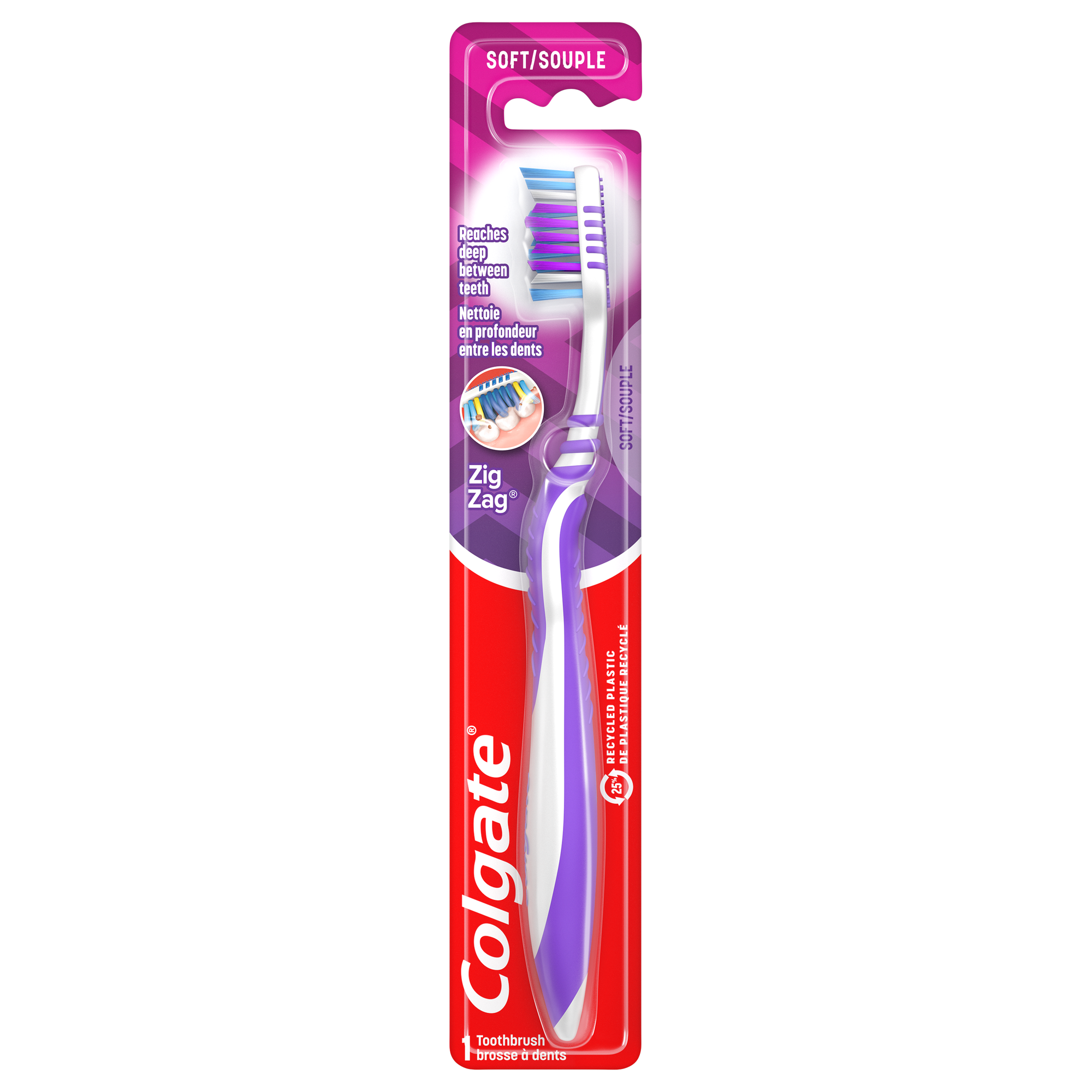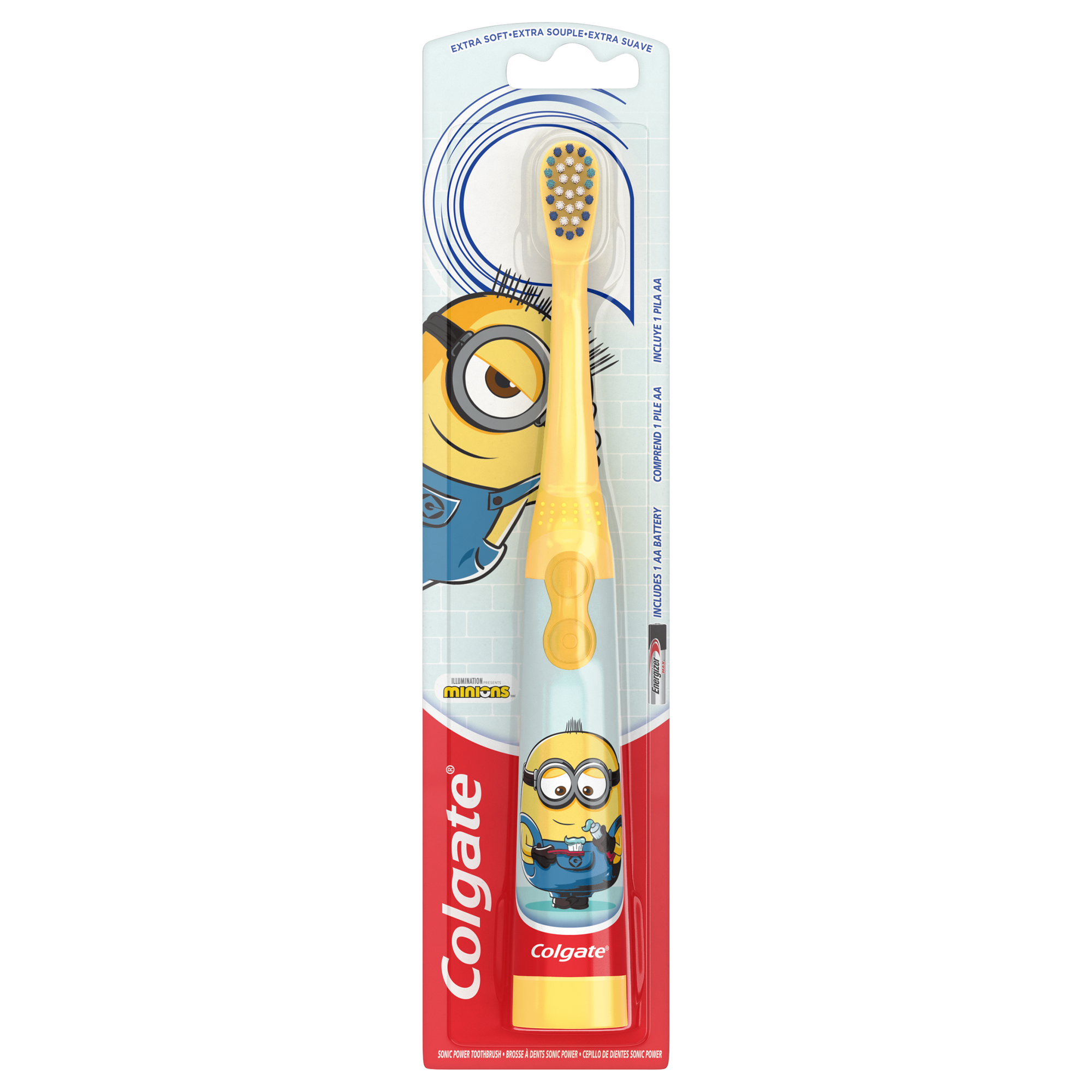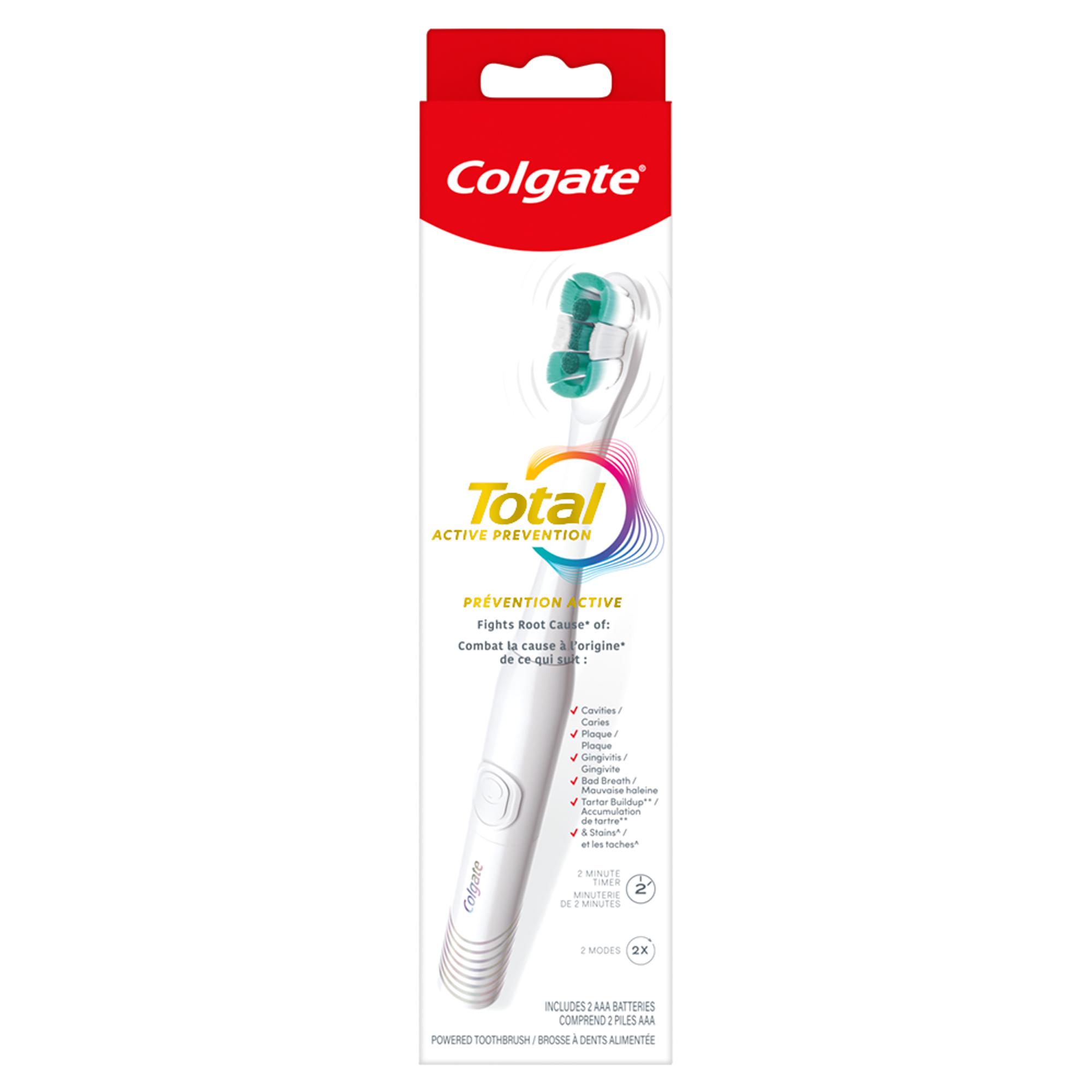-
-

TOOTH SENSITIVITY
What Causes Tooth Sensitivity & How to Treat ItIf you avoid eating cold foods or drinking hot beverages because your teeth are sensitive, it may be time to get...

NUTRITION ORAL HEALTH
How To Limit The Effects Of Sugar On TeethCookies, cakes, candies and sodas – everywhere you go, there are sugary treats to tempt you and your kids. The effects of sugar...
-
Science & Innovation
- ORAL HEALTH CHECK
- PRODUCT MATCH
- Colgate® | Toothpaste, Toothbrushes & Oral Care Resources
- Oral Health
- Respiratory Conditions
- How to Manage a Sore Throat From Allergies


In most of Canada, allergy season runs from April until October with different allergens heightened in each season. If you experience seasonal allergies (also known as hay fever), the Allergy Asthma & Immunology Society of Ontario notes symptoms may include: a runny nose, nasal congestion and sneezing, itchy nose, throat, ears, and red watery itchy eyes. Sometimes, you can even get a sore throat from allergies. Here's why this happens and what you can do about it.
How Allergies Can Cause a Sore Throat
You make about one to two litres of nasal mucous every day. This mucous has many important functions, such as keeping your nose clean and moistening the air you breathe, and you usually swallow it without realizing. Other times, people may notice mucous dripping down the back of their nose or pooling in their throat. This unpleasant sensation is known as postnasal drip, and it can be caused by allergies.
If you have postnasal drip, the trickle of mucus can irritate your throat and cause soreness and other symptoms, such as feeling a lump in the throat or swallowing more frequently. It may also make you feel the need to clear your throat more often
Soothing a Sore Throat at Home
Here are several home remedies that may help soothe a sore throat from allergies:
- Use a salt-water rinse to alleviate discomfort and help to expel mucous.
- Mix honey in hot water and drink or consume hot liquids.
- Use a humidifier in your bedroom at night to prevent your throat from becoming too dry.
- Quit smoking. Cigarette smoke is extremely irritating to the lining of the throat.
There are also many over-the-counter medications available, including oral decongestants and anti-histamines. Nasal decongestants may also be helpful, though they shouldn't be used for more days in a row than the time period indicated on the label. For help choosing the most appropriate product, talk to your doctor or a pharmacist.
While these steps can help soothe a sore throat from allergies, they won't prevent future allergy symptoms. Pollen is listed as one of the common allergens by Asthma Canada, from grass, trees and ragweed, so avoiding exposure to it can help. It is recommended to stay indoors on dry, windy days, keeping doors and windows closed in the house and car, and if possible have someone else cut your lawn. If you need to do outdoor chores, such as lawn mowing or weed pulling, wear a pollen mask.
When to Seek Medical Help
Postnasal drip can be annoying and according to My Health Alberta, it will often resolve on it's own. However, there are some circumstances when you should seek medical help. See your doctor or dentist if your symptoms get worse or if they aren't relieved by home remedies. You should also see your doctor if your sore throat is accompanied by other worrying symptoms, such as an unexplained fever or bloody mucous.
Allergy season has arrived, and while you may experience a sore throat from allergies, rest assured that there are many home remedies that can help to soothe your symptoms. If these home remedies aren't enough, don't hesitate to seek medical advice.
Related Products

Helping dental professionals
More professionals across the world trust Colgate. Find resources, products, and information to give your patients a healthier future


